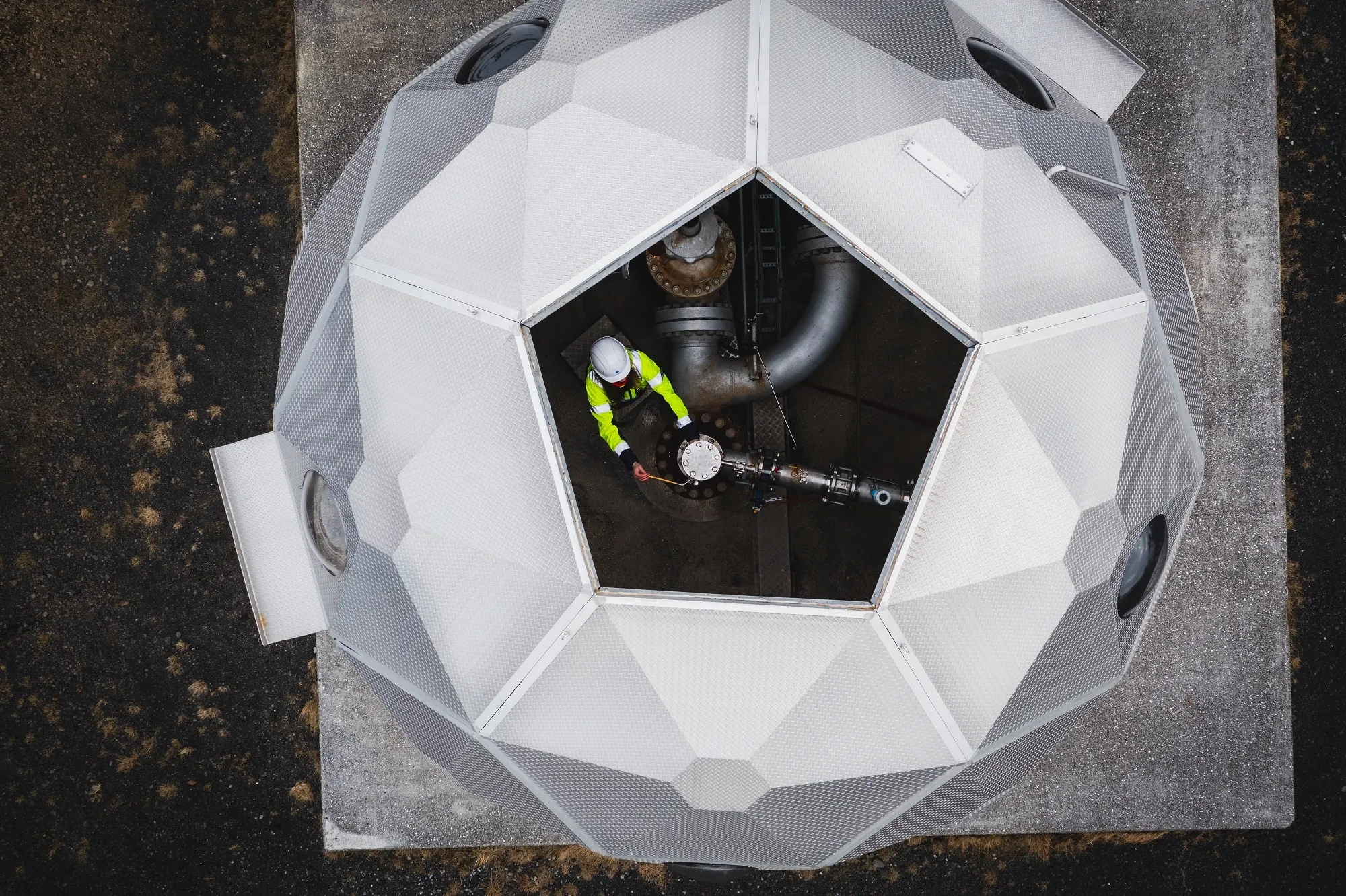
Mineralisation process
The novel carbon storage process – known as mineralisation – is currently used in Iceland, where captured CO2 is dissolved in water and injected underground into volcanic rock through a pipeline.
The reactivity of the basalt rock subsequently transforms the CO2 mixture into new minerals, effectively locking it underground.
However, to maximise the potential of this crucial technology a better understanding is needed on what controls the reactivity of the volcanic rock and how much CO2 can be locked away, experts say.
Icelandic collaboration
The £1m INCLUSION project, will see researchers from the School of GeoSciences working in partnership with Icelandic mineralisation operator, Carbfix and the Scottish Universities Environmental Research Centre, to develop an evidence-based framework, aimed at optimising the mineralisation process on an industrial scale.
Fresh innovations
The team will combine 4D x-ray imaging and micro-scale mineral analysis with a newly invented field-scale CO2 fingerprinting method to track the volume of carbon dioxide captured from Iceland’s largest geothermal power plant and verify its safe and permanent storage underground.
Patent pending
The unique CO2 fingerprinting tool, developed by Edinburgh scientists, is being patented by Edinburgh Innovations – the University’s commercialisation service.
Vital importance
Carbon capture and storage is becoming vitally important in the fight against climate change and this approach has the potential to vastly reduce the amount of harmful CO2 present in our atmosphere.
The project has received funding from the Natural Environment Research Council’s Pushing the Frontiers scheme.
This project will combine the state-of-the-art scientific laboratory facilities available in Scotland with the world’s leading CO2 mineralisation project to provide essential understanding of how to safely lock away CO2 in underground basalts.
“We will also develop our understanding of the reactivity of basalt and other volcanic rock, to understand the potential of mineralisation in other parts of the world, such as Scotland.
Dr Stuart Gilfillan
Reader in Geochemistry, School of GeoSciences, University of Edinburgh
We will determine the unique chemical fingerprint of the injected CO2 at Carbfix, and record how that changes during the storage process. This will enable us to determine how, and how much, CO2 is stored and provide confidence in the amount of CO2 that can be stored by mineralisation in the future, which can also aid participation in carbon credit schemes.
Professor Fin Stuart
Director- Scottish Universities Environmental Research Centre
Carbfix is born out of collaboration between academia and industry. Partnerships with prestigious research institutes such as the University of Edinburgh helps us to increase our understanding of the natural processes we build our technology on, add to our existing verification methods and move forward the technical development. Furthermore, it gives new perspectives, and trains the next generation of experts in the field. We are honoured to collaborate with this world-leading team of scientists and excited for the outcome.
Dr Sandra Ósk Snæbjörnsdóttir
Head of CO2 Mineral Storage- Carbfix

